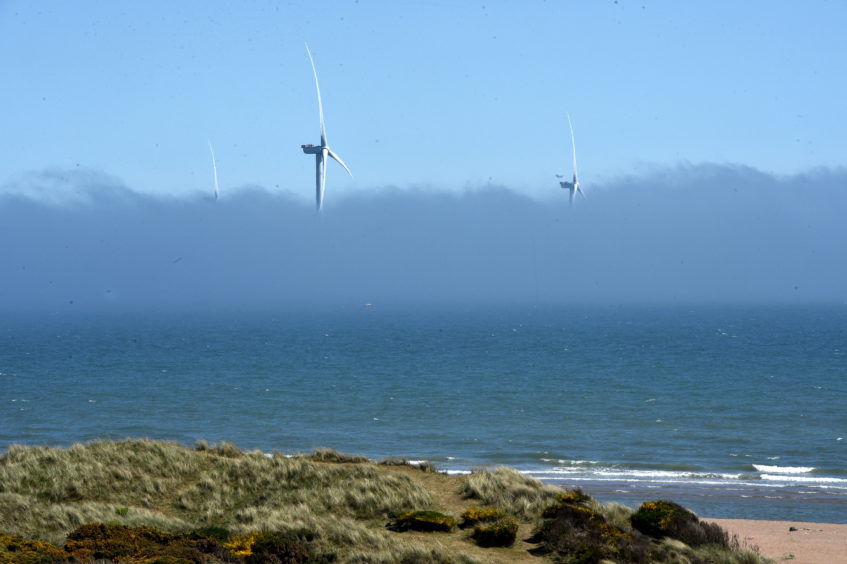
This current “oil crash” is the 6th that has occurred since the start of the 1980s. Some were deeper, some were longer, but on average these events have occurred every 5 years one way or the other.
The industry’s behaviours are always largely the same – and hence predictable, which is why the sector is cyclical.
However, now with Energy Transition gathering pace as a result of collective global consciousness and pressures of ethical investing, the industry is facing a unique situation that presents challenges, but also opportunities for those who know how to find value.
The biggest recent ‘problem’ was not a price crash but the period of ‘$100’ oil in the noughties. This triggered in many respects the glut we appear to suffer from now, as it encouraged the industry to go out and ‘spend, spend, spend’. Those were heady days indeed without a great deal of focus on real returns.
What one doesn’t normally hear in the Energy Transition debate is that global oil production has increased steadily by ±1% pa during the last decade and global gas consumption increased at ±3% pa in the same period. Excluding the current difficult world situation this trend can be expected to continue.
Natural gas, the ‘clean’ hydrocarbon, is helping developed and developing nations reduce their emissions by switching coal-fired plants over to a significantly cleaner fuel.
Many hundreds of millions of people in the developing world still do not have access to reliable electricity, and when it comes, it cannot all come from renewable sources.
Certainly, renewables are an increasing part of the energy mix given improvements to efficiencies and reduced costs, however hydrocarbons will inevitably continue to play a major role in the global energy mix for decades to come – ensuring demand.
It is very tough out there in the oil sector – particularly for shale and offshore. A huge “boom” in US shale has since earned a deserved reputation for severe value destruction making access to capital challenging, and industry consolidation inevitable.
Offshore, the high costs and high risks of exploration and development activity, especially in deep water and mature basins, expose long-life developments that do reach FID to producing at a loss in future price downturns or even early abandonment, with the high costs that that involves.
So, where in all this does opportunity lie for the likes of Advance Energy? Our answer is to focus on discovered, undeveloped resources, or those that have not been developed to their full potential.
The reason for these opportunities lying unrealised may be commercial or technical, or both. What is key is to be able to see through the ‘fog’ and identify the ‘hidden’ value.
If you have a sound, existing gas or oil discovery, or partially developed field, now, and can persuade people to support you, then in 2-3 years’ time it can be expected to be producing in a sweet spot, delivering solid cashflow at an anticipated oil range of $55-$65.
Exploration is not dead, but is certainly diminishing, and now largely only for ‘big boys’. The investment community tends to follow herd instinct – right now in terms of E&P it appears to be a gas lurch, or otherwise towards renewables.
If one is an established entity caught in the cross-wires of the current dynamics with a strategy that is not delivering, adopting a new one at best takes time, or may not be possible. And more importantly, it takes capital.
Discovered, undeveloped, or underdeveloped resources are out there, and oil and gas demand will continue to grow, especially as Big Oil follows through on transition, meaning there are significant opportunities for investors if they can back the right teams with proven track records to deliver outcomes through unlocking value, which others have passed over.
Advance Energy’s investment thesis is tailored to this market dynamic. By leveraging our team’s 100+ years of collective experience with NOCs and independents around the world, we believe there is a compelling opportunity to play a pivotal role in assisting the Energy Transition by unlocking value from existing resources, and creating value for shareholders who see the merit in financing small-mid cap E&Ps that can deliver significant value multiples in the near-term.
Energy Transition needs to happen to create a sustainable planet for future generations, however demand for hydrocarbons will continue to climb for the foreseeable future, and the resource will continue to fuel socioeconomic progress throughout the world.
We don’t see the ‘death of oil’, but rather the opportunity to employ a novel strategy to meet the steadily increasing global demand that is muted within the Energy Transition debate.
As has been the case through all the previous cycles in this exciting industry, the downturns create a swathe of opportunities for those who know how to exploit them, and for investors willing to back them.
This article was written by Leslie Peterkin, CEO of Advance Energy (AIM: ADV). Leslie has served the E&P sector during the past two decades as a senior Interim Manager and Advisor, initially in Australasia and more recently, based in Geneva, covering Europe, MENA, Central Asia and Africa. Key roles were as Woodside’s Director Browse LNG Development and MOL’s SVP Operations & Development. He entered the sector joining Shell International’s Petroleum Engineering stream in the early ’80s with a variety of international postings. A decade with international independent oil companies followed and exposed him to both General Management and M&A, of which the latter has formed an important aspect of his ongoing E&P activities. Leslie’s career has been defined by the ability to transform development assets and their values. He studied Physics at St. Andrews University, where a 1st Class Honours was followed by a PhD.
Recommended for you
